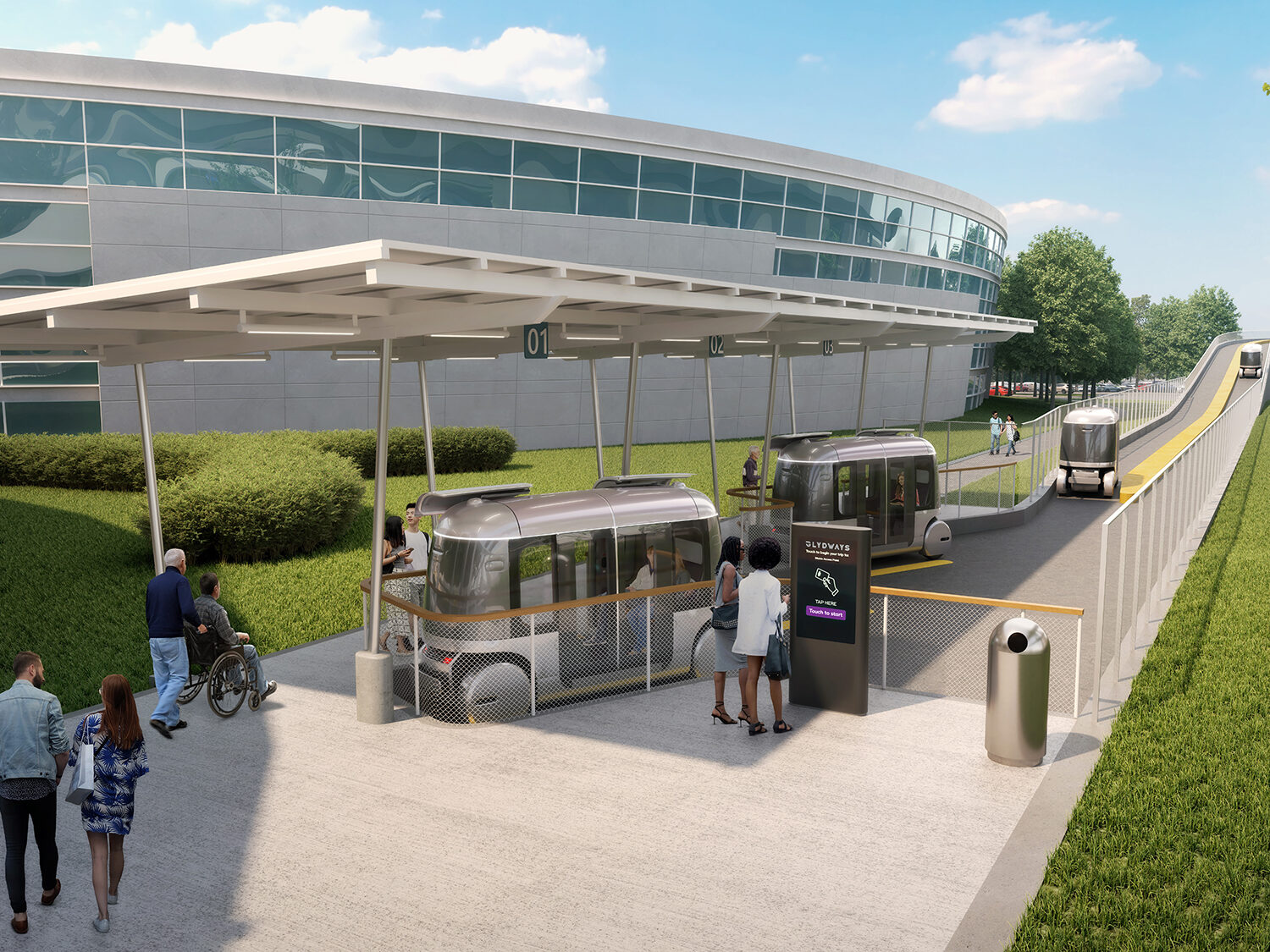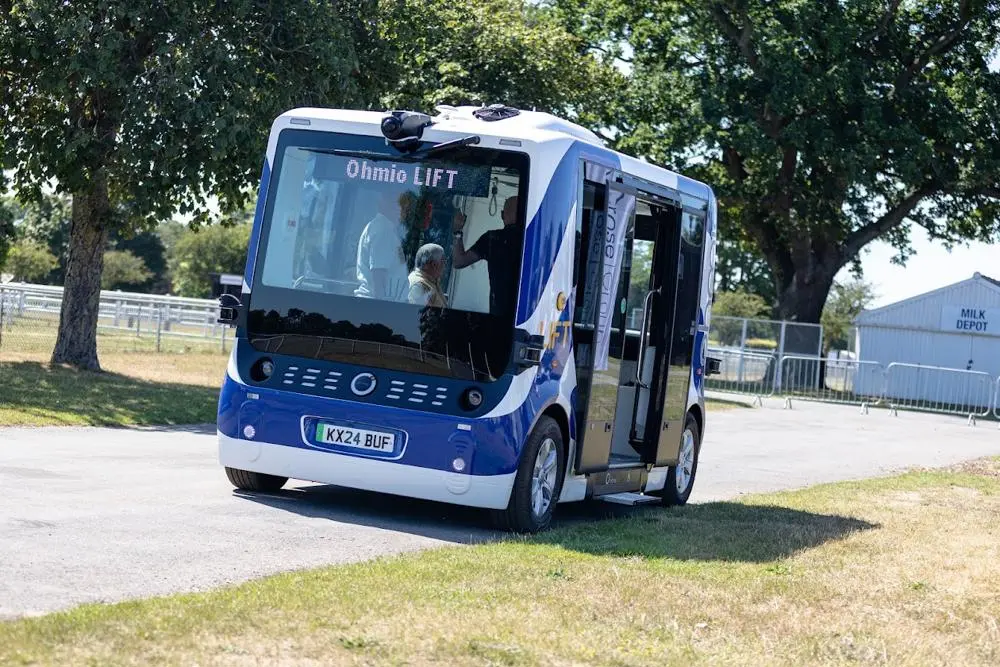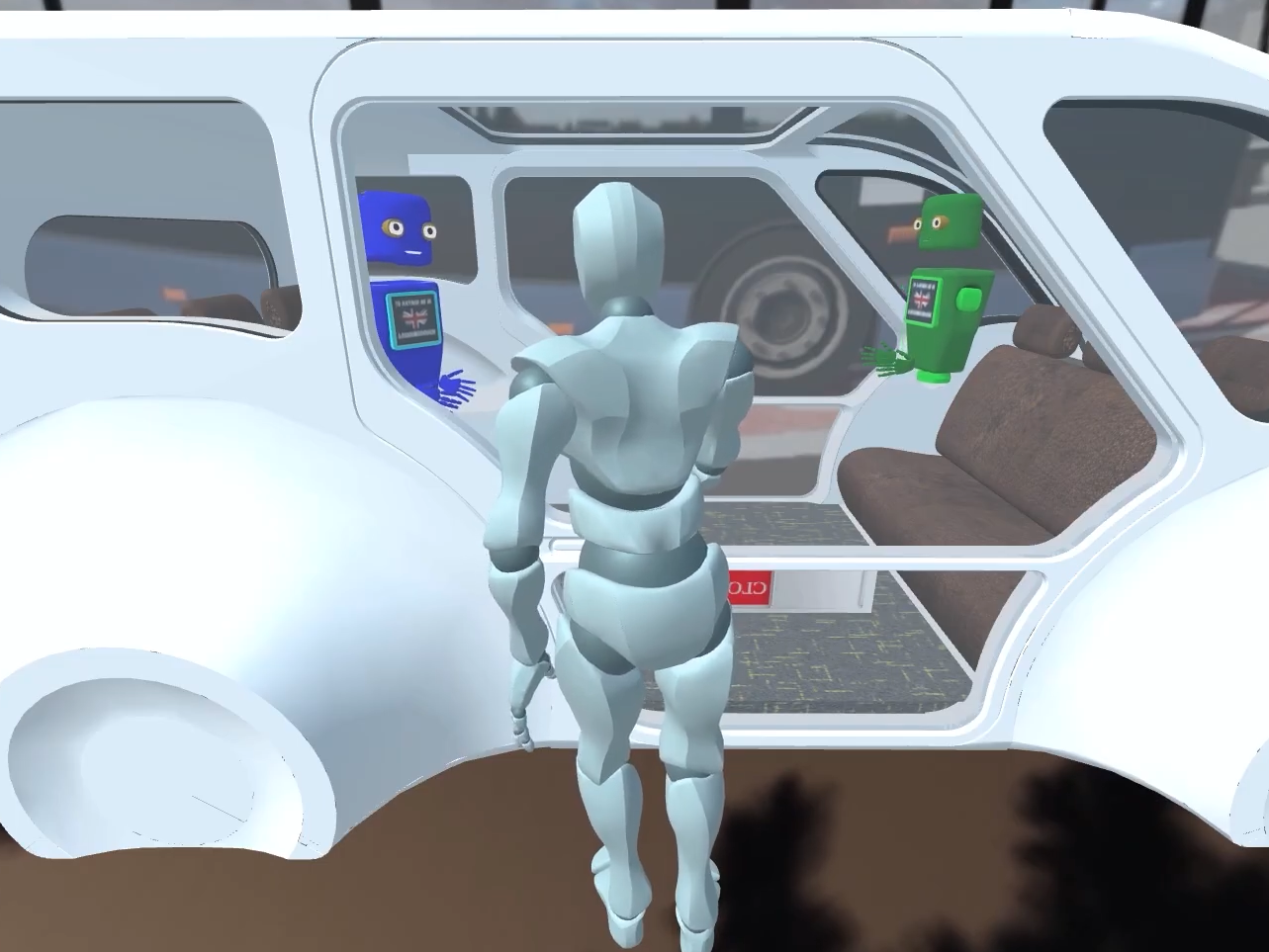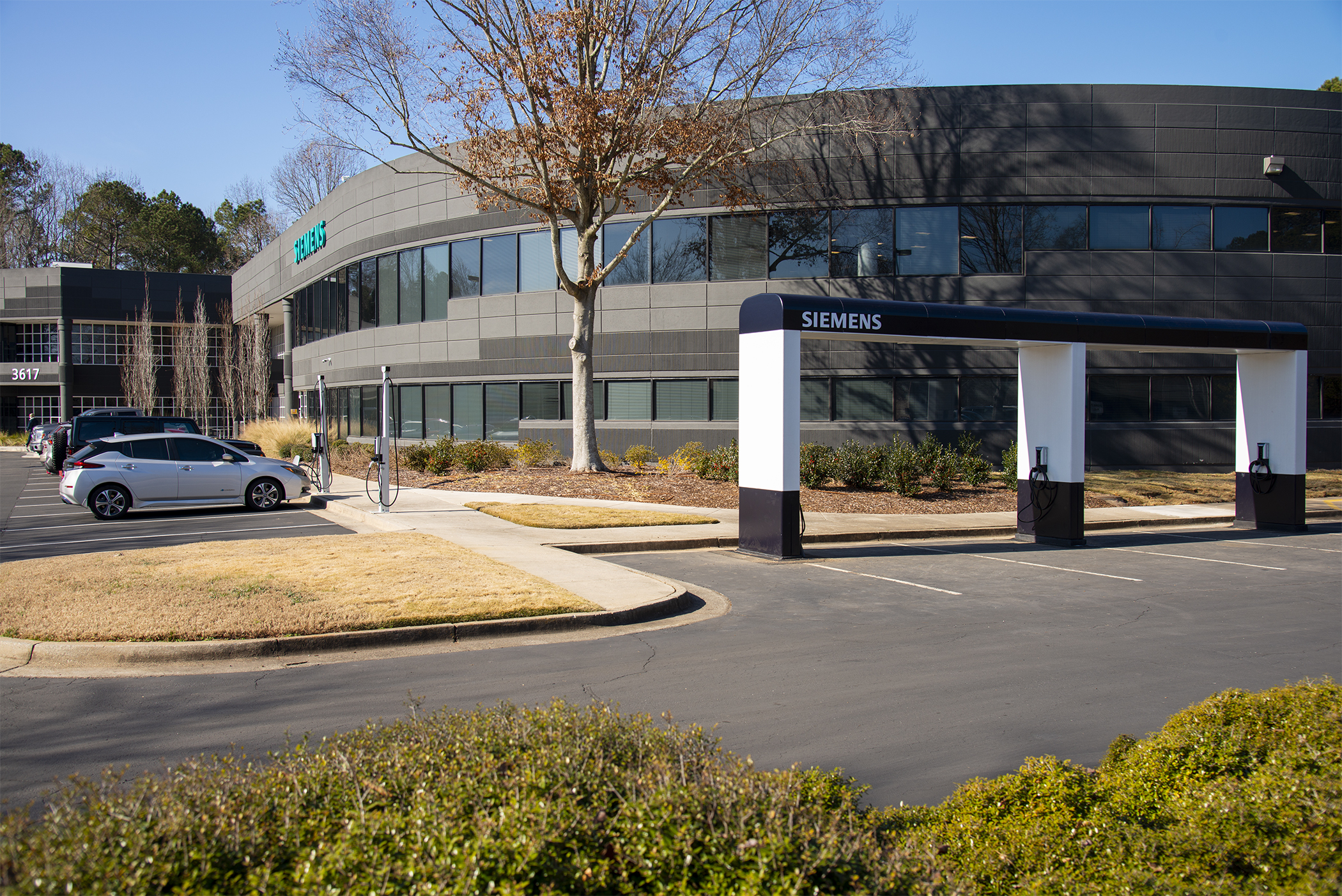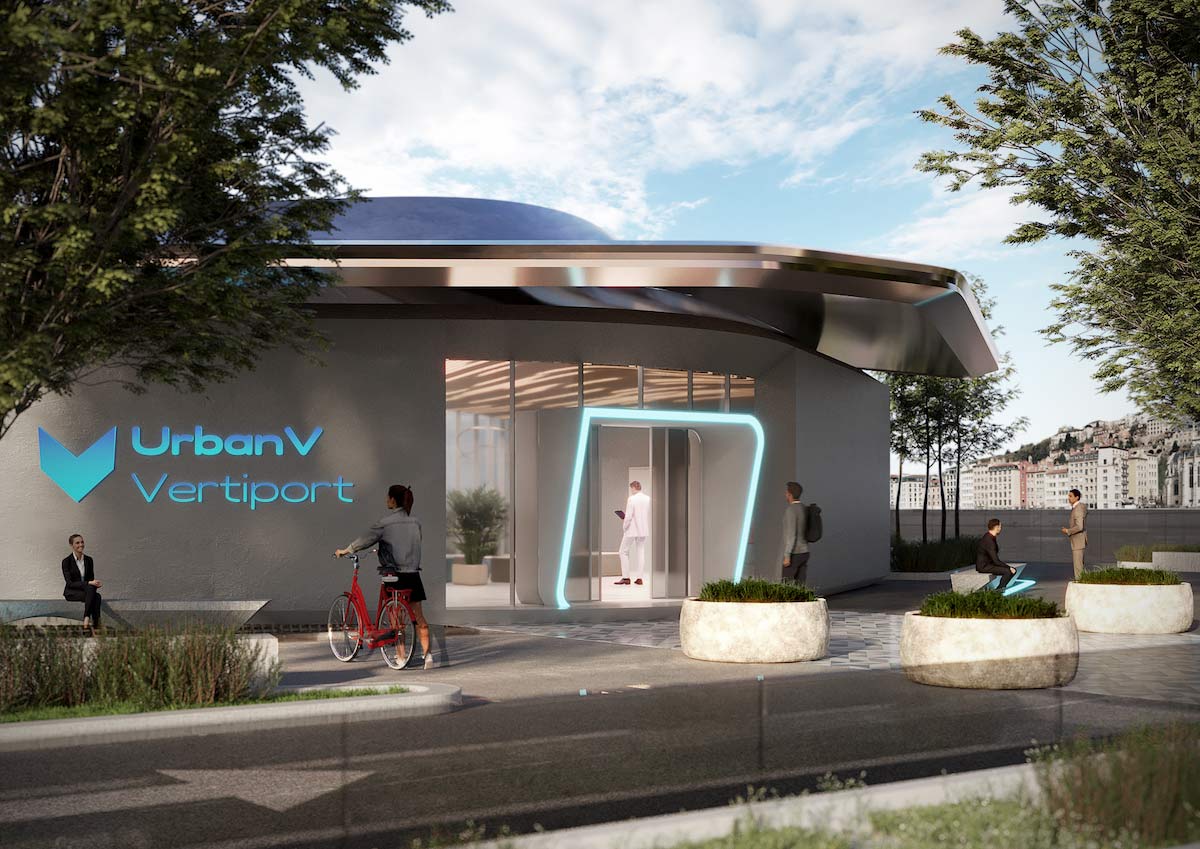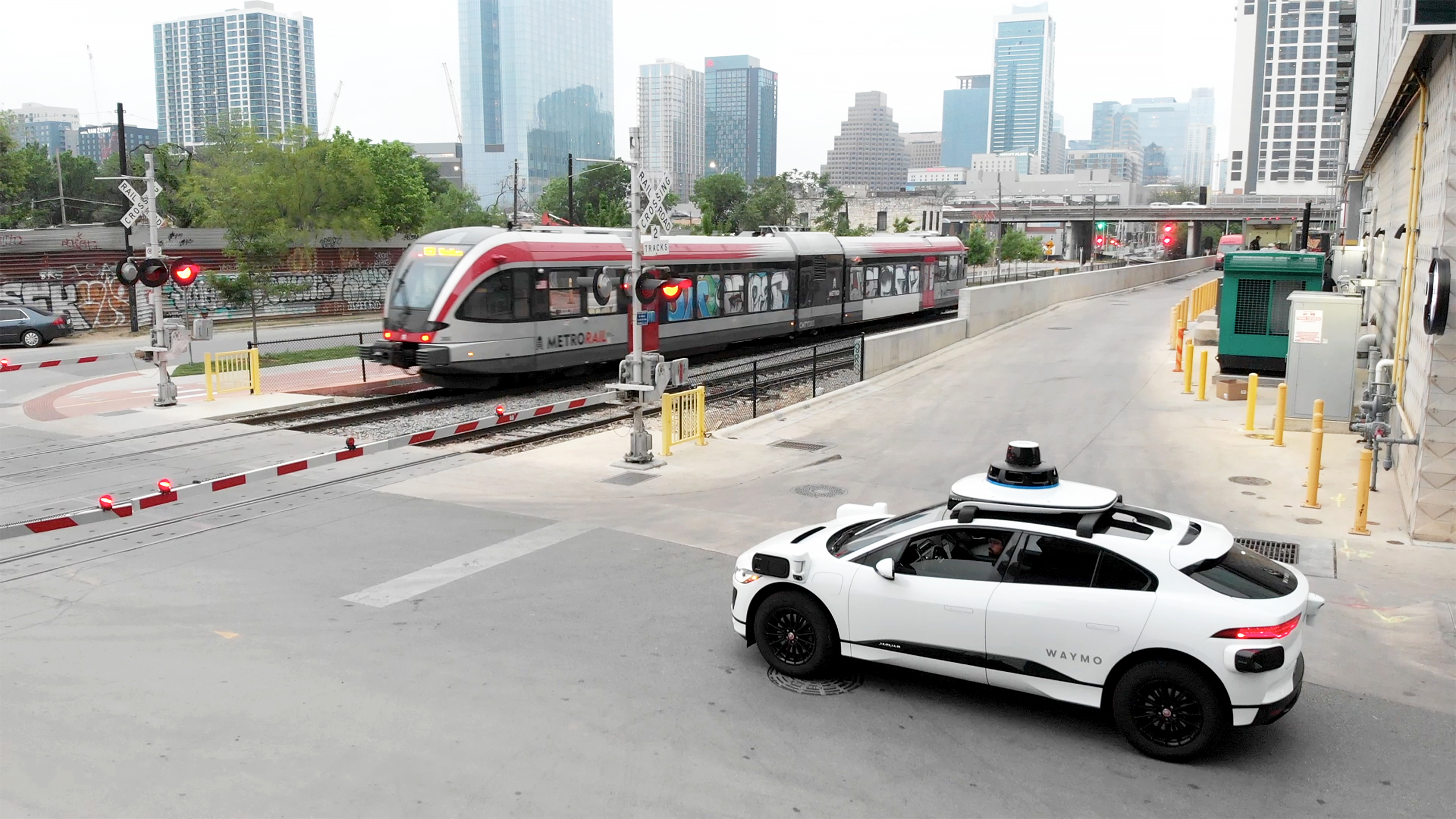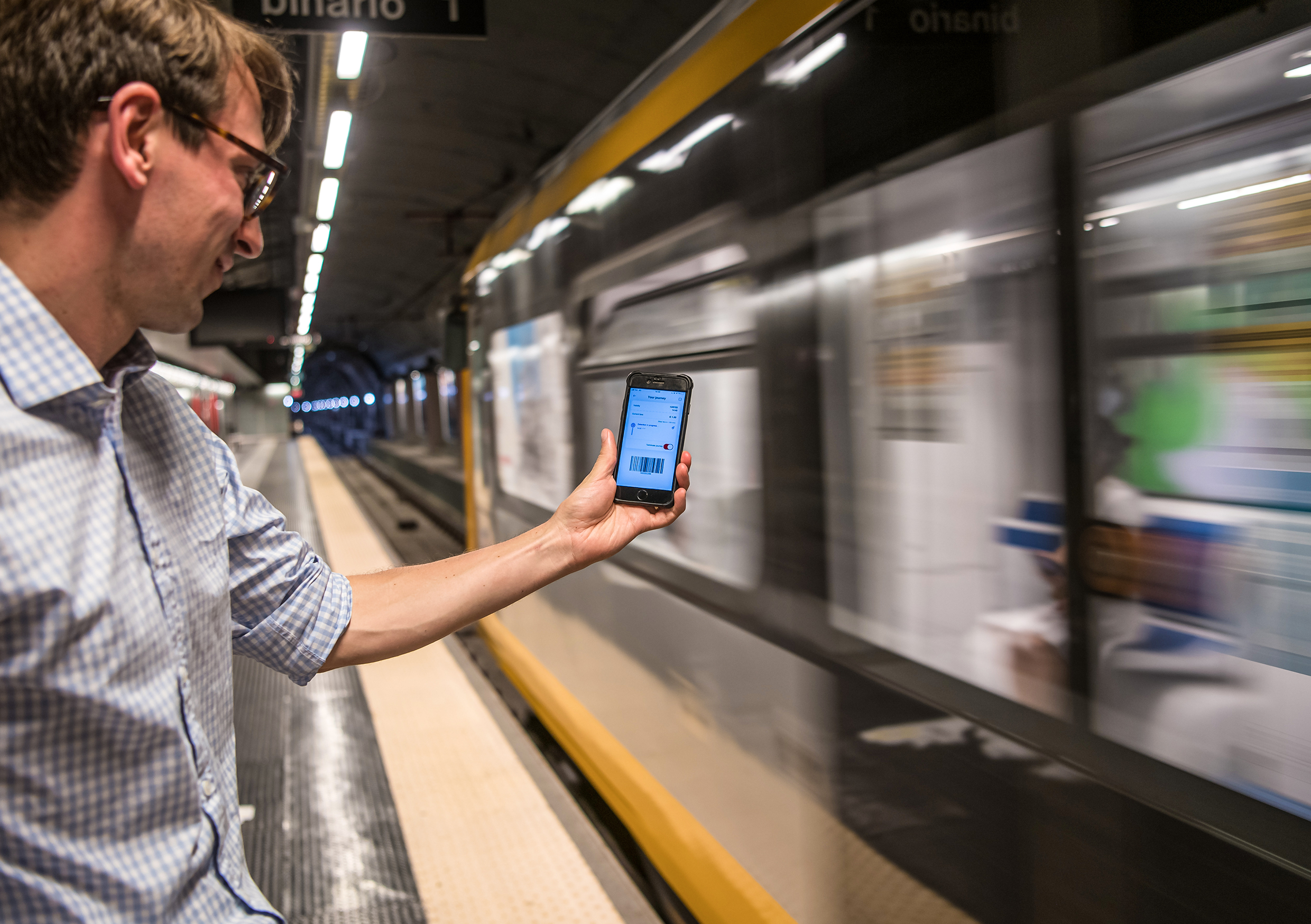On 15 August, the Michigan Department of Transportation (MDOT) hosted a public open house on a proposed project to create an express lane for connected and automated vehicles (CAV) on I-94.
The proposed CAV corridor project is a partnership between Cavnue and MDOT. It envisions repurposing an existing travel lane into a technology-enabled express lane along each direction of I-94 between Ann Arbor and Detroit.
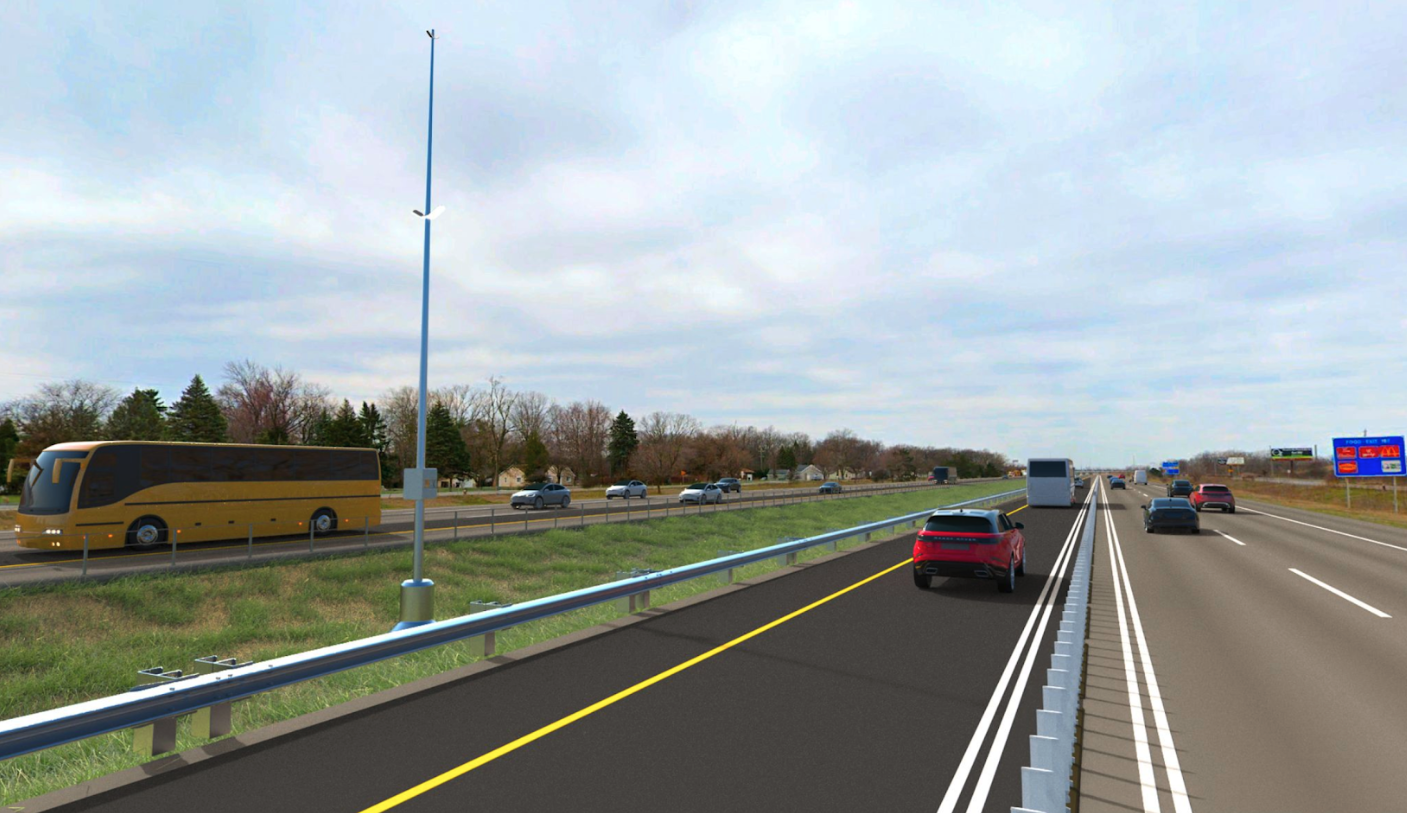
The lanes would be purpose-built to accelerate and enhance the full potential of CAVs while accommodating a mix of traditional personal vehicles, CAVs, transit and shared mobility services.
To achieve this, Cavnue would work with regional partners to design and develop a sophisticated roadway that combines physical and digital technical innovations.
This hope for this infrastructure is that it would help increase safety, resilience and operational efficiency on the interstate highway by providing a faster and more co-ordinated dedicated autonomous mobility corridor.
Specifically, the project is designed to meet transportation goals, starting with connected buses and shared mobility vehicles such as vans and shuttles. It would then expand to additional types of CAVs such as freight and personal vehicles.
The public open house for this project was held at Belleville High School to discuss the ongoing environmental study for the proposed CAV corridor project in Wayne and Washtenaw counties.
Additional meetings are expected to be held at different locations along the corridor later this year.



